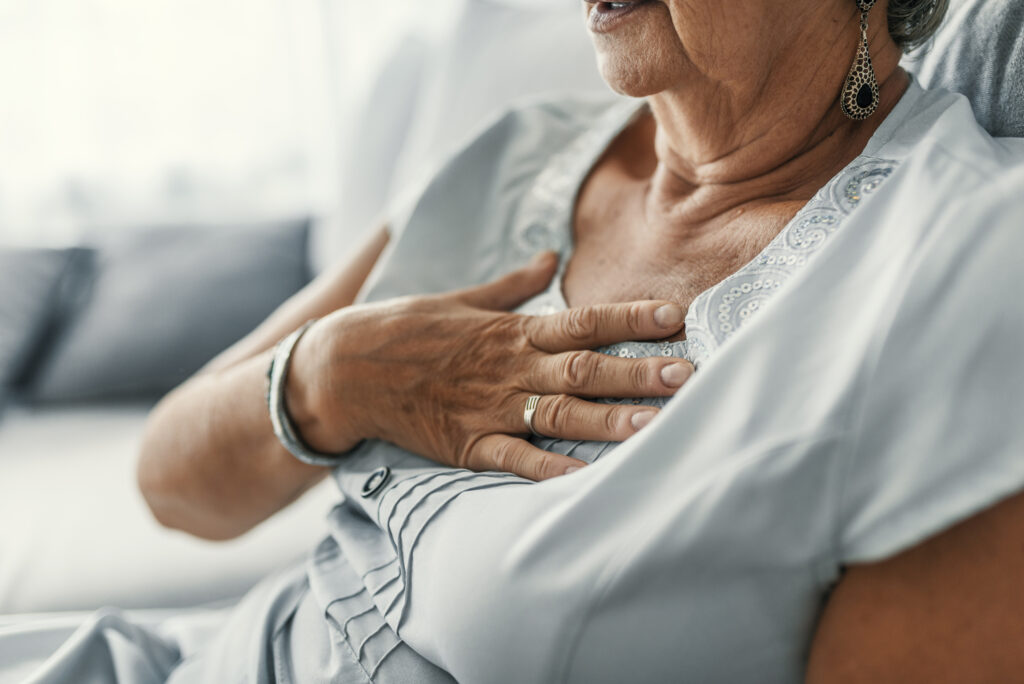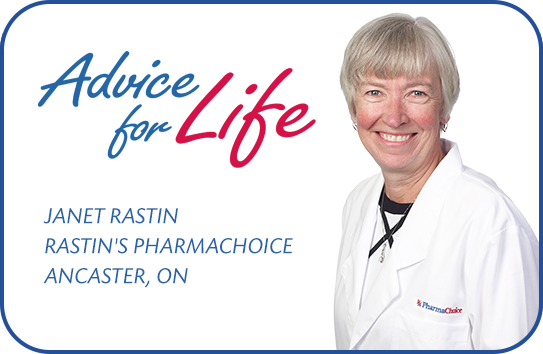After a meal, have you experienced discomfort higher than your stomach? Perhaps burning, uncomfortable fullness, even some acid coming up – almost to the point of retching? Do you sometimes eat and have trouble or even pain when swallowing? Do small amounts of food make you feel “topped up” and uncomfortable?
If these symptoms are common or even regular, then you may have Gastroesophageal reflux disease (GERD). If you don’t have these symptoms regularly, read on further so you don’t get GERD!
GERD is a condition where the muscle at the top of your stomach, which controls the opening of the esophagus into the stomach, is not working as it should. As you eat or drink, the muscle (sphincter) relaxes to allow entry to the stomach. As digestion starts, the sphincter tightens and closes to form a seal, preventing the backup of your gastric contents. Periodic symptoms are common, but regular reflux of acid into the esophagus will permanently damage the sphincter and lead to GERD. Whether you are just experiencing symptoms from time to time, or have GERD, it is important to prevent acid reflux from damaging your esophagus, and it is quite easy once you know what causes it.
Symptoms of GERD occurs when we have unhealthy eating practices:
- Eating too much at once
- Lying down or sitting after eating
- Tight-fitting clothing, especially around the waist or stomach
GERD occurs whenever the contents of the stomach are pushed back to the esophagus. So pregnancy, being overweight, or occupations requiring prolonged sitting will commonly cause reflux.
When acid reflux hits your esophagus, it damages the lining. The experience can range from discomfort on swallowing or eating further, to pain – often referred to as heartburn. The lining of your esophagus was never meant to be exposed to stomach acid. Proper eating practices can reduce the chance of reflux. Acid reflux can also be treated with medications available at the pharmacy. Your PharmaChoice pharmacist can help you select a product that fits your symptoms. Medications can neutralize acid, protect your esophagus, or reduce acid production by your stomach.
Regardless of treatment, prevention of acid reflux is still required. Make sure you allow food to digest in your stomach and prevent pushback into your esophagus. Doing dishes the old-fashion way or taking a long walk after eating are great ways to prevent GERD.
If you do have GERD, long-term treatment may be required. Seek medical advice if symptoms occur regularly, treatment is not working or you experience the symptoms of GERD outside of post-meal times.
If you suspect a heart attack (which can easily be confused with heartburn), get immediate medical attention, don’t assume it’s heartburn. If you are taking medications, ask your pharmacist are your local PharmaChoice pharmacy to review treatments that won’t interfere with your condition or other medications.




